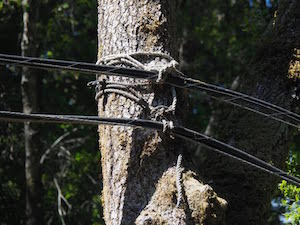Morgan Hill considers broadband roadmap to catch Silicon Valley
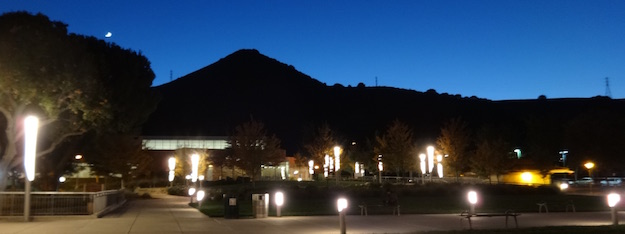
The City of Morgan Hill, on the edge of Silicon Valley just south of San Jose, does not share its usually good and occasionally excellent broadband infrastructure. Unlike most of the San Francisco Bay Area, which is largely served by AT&T and Comcast, Morgan Hill’s telecom infrastructure is owned by Frontier Communications and Charter Communications, and performs significantly below the Californian average.
Tellus Venture Associates recently completed a telecoms infrastructure element for Morgan Hill’s general plan update.… More

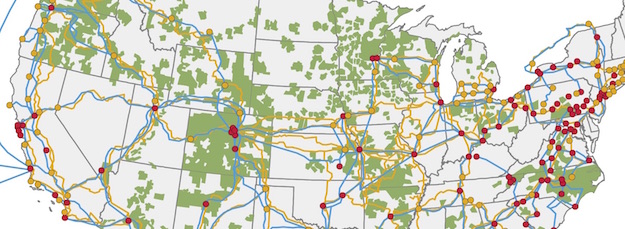
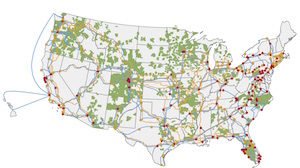
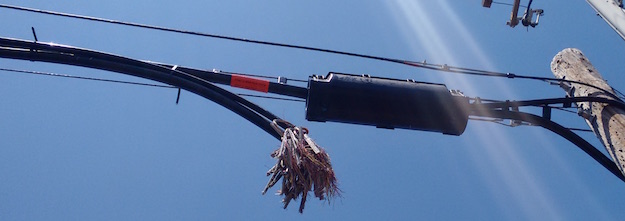
![Carol M. Highsmith [Public domain], via Wikimedia Commons](https://www.tellusventure.com/images/2016/10/bridgeport.jpg)

![By Beyond My Ken (Own work) [GFDL (https://www.gnu.org/copyleft/fdl.html) or CC BY-SA 4.0-3.0-2.5-2.0-1.0 (https://creativecommons.org/licenses/by-sa/4.0-3.0-2.5-2.0-1.0)], via Wikimedia Commons](https://www.tellusventure.com/images/2016/10/shopping_vault.jpg)
![By Iraqi TV (AP Archive) [Public domain], via Wikimedia Commons](https://www.tellusventure.com/images/2016/10/baghdad_bob.jpg)

